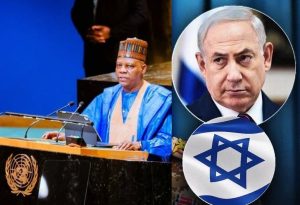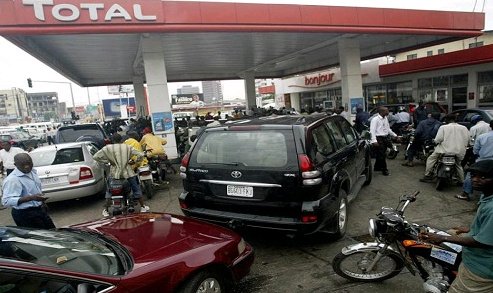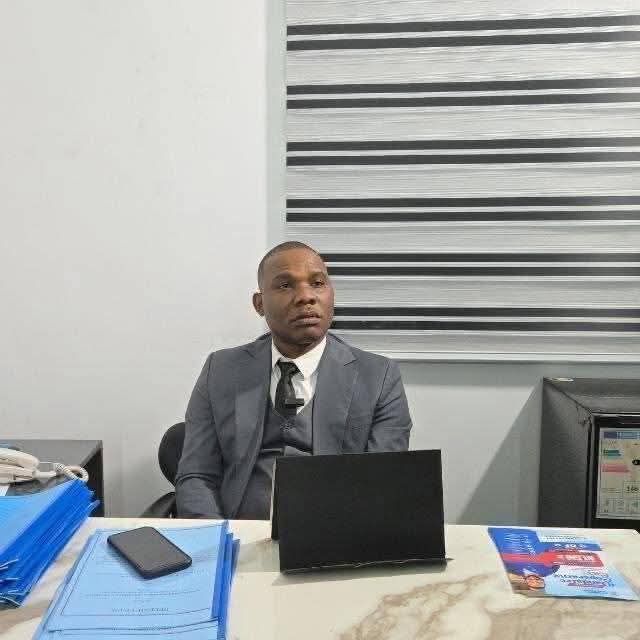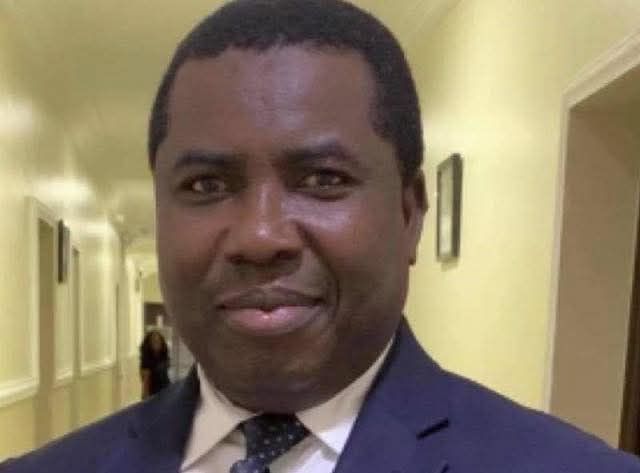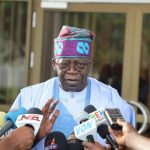
HARDSHIP: Fuel Scarcity Resurfaces As Petrol Sells For N300/ltr.
Nigerians living in the heartland city of Owerri, Imo State capital, over the weekend suffered the misfortune of having to battle with long queues at filling stations even as they were forced to pay up to N300 for a litre of petrol.
This situation, as of now, is still only in Imo state as it has yet to spread to other states. It doesn’t look likely to spread to other states as the cause of this hardship is a problem that is peculiar only to the state.
Fuel Scarcity In Imo
According to reports gathered by TOKTOK9JA over the weekend, some filling stations in Imo sold petrol between N250 to N300 per litre.
It was observed from many filling stations visited that they were under lock and this has directly impacted cost of transportation.
A trip from Akwakuma to Ware House junction, which usually costs N50, now goes for N150, while World Bank to Control junction that usually costs N50 now goes for N150.
A motorist, Emaka Opara, lamented the situation and urged government to find a lasting solution to the problem of fuel scarcity.
“The government should find a lasting solution to this particular issue because we can’t keep on going this way every time,’’ she said.
At the NNPC filling station at Onitsha Road and few others, motorists queued to buy fuel.
The scarcity has caused untold hardship to residents of the state.
The same scenario played out at Amakohia area as most petrol stations were closed and the few were selling as high as N300 per litre.
Cause Of The Fuel Scarcity
One of the salesmen at the Mobile filling station Egbu road explained that some of the filling stations had the product but have been instructed not to sell.
“Though some of us do not have, others prefer to sell to black marketers since they would make more profit,” he said.

Recall that filling Stations operating in Owerri, had earlier shut down their businesses to protest the refusal of payment of compensation to one of their members whose filling station was damaged by former Governor Rochas Okorocha’s administration.
Their action was based on a court judgment they obtained that the state government should pay compensation to their member. But the state government said it has appealed the judgement.
Buhari’s Visit Not The Cause Of Fuel Scarcity
Some may have jumped to the conclusion that President Muhammadu Buhari’s last week’s visit to Imo could be behind the fuel scarcity. Contrary to that conclusion, President Buhari’s visit has nothing to do with the scarcity bedeviling the people of Imo.

The impact of Buhari’s visit didn’t cause more hardship that the hardship faced by Imo residents on the day of the visit due to deserted streets and closed business.
During the visit, President Buhari spoke at a town hall meeting with South-East leaders where he addressed Igbo leaders and told them that the people of the region are the ones in charge of the country’s economy.
What Buhari said was quoted in a statement signed by Buhari’s media aide, Femi Adesina, and titled, ‘I want to be remembered as a president who stabilised Nigeria, President Buhari tells South-East leaders’, on Thursday.
Acknowledging the resourcefulness and enterprising spirit of Igbo people, the President said, “The fundamental thing about the Igbo people is that there is no town you will visit in Nigeria without seeing the Igbos being in charge of either infrastructure or pharmaceutical industry.
“Therefore, it is unthinkable for me that any Igbo man would consider himself not to be a part of Nigeria.
“The evidence is there for everyone to see that Igbos are in charge of Nigeria’s economy.”
His comment comes amid the constant agitations in the region by members of the Indigenous People of Biafra seeking a separate Biafran nation.
Buhari further noted that no country can make any meaningful progress without the development of infrastructure, the President expressed regret that successive governments at the Federal level contributed to the decay of critical infrastructure in the country.
He promised that the Federal Government would complete ongoing key projects in the South East, including the 2nd Niger Bridge as well as the railway lines and routes linking the region with other parts of the country.
“I firmly believe that when you get infrastructure right, Nigerians will mind their own businesses,” he said, adding that as a group, the Igbos stand to benefit more from the ongoing development of infrastructure in the country because “they are more enterprising.”
The Shocking Amount FG Spends On Petrol Transportation

According to Guardian, the Nigerian National Petroleum Corporation, NNPC, has spent about N364 billion transporting Premium Motor Spirit (popularly known as petrol) from abroad, adding at least N21 to the pump price of every litre of the product consumed by Nigerians.
Between March 2020 and March 2021, the most populous black nation gulped roughly 17.265 billion litres of petrol. In the absence of functional refineries, the quantity shipped swallowed N364 billion despite a crude swap deal that creates double freight expenses.
While the corporation’s Group Managing Director (GMD), Mele Kyari had disclosed that it cost nothing less than N21 to land every litre of fuel in the country in terms of freight, most stakeholders are unsettled by the fee, alleging that corruption at the downstream sector, challenges at the nation’s port and other systemic inefficiencies were responsible for the high charge.
With lingering infrastructure problems, especially the inability of the state oil company to operate its pipeline network, stakeholders are worried that Nigerians might continue to suffer government’s inability to fix the supply chain anomaly in the downstream industry, even if the Dangote Refinery, Port-Harcourt, Warri and Kaduna facilities come on stream.
To many, the belief that the pump price of petrol might reduce in the country with local refining stands elusive, as cross-border trading could face infrastructure loopholes amid the African Continental Free Trade Area (AFCTA), which intends to promote commerce on the continent.
Coming under a subsidy regime buried in opacity and corruption, some players believe that the freight charge, which they see as a measure of aiding the economies of other countries, with Nigerians’ minimal participation in the shipping industry, could have been deliberately inflated.
At a time cost management and efficiency are priorities of most nations and organisations, it is argued that if the shipment fee was saved for two years, it would provide enough funds for the rehabilitation of the Port Harcourt refinery, which the Federal Government is currently borrowing to fix for N570 billion.
The development is also being seen as part of the leading cause of the country’s foreign exchange crisis that had contributed immensely to devaluing the naira to an all-time low.
DO YOU HAVE ANYTHING YOU WANT TO TELL US ABOUT NIGERIA? CLICK HERE TO JOIN ESSENCE FORUM AND SHARE YOUR TOPICS WITH OVER 4000 MEMBERS.
WATCH MORE NEWS ON OUR YOUTUBE CHANNEL CLICK HERE TO SUBSCRIBE


